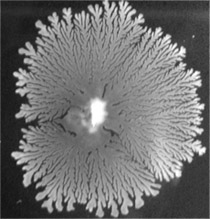Use of cookies
By clicking on "Allow" you consent to the anonymous recording of your stay on the site. The evaluations do not contain any personal data and are used exclusively for the analysis, maintenance and improvement of our website. For further information on data privacy, please click on the following link: Data Privacy Policy








